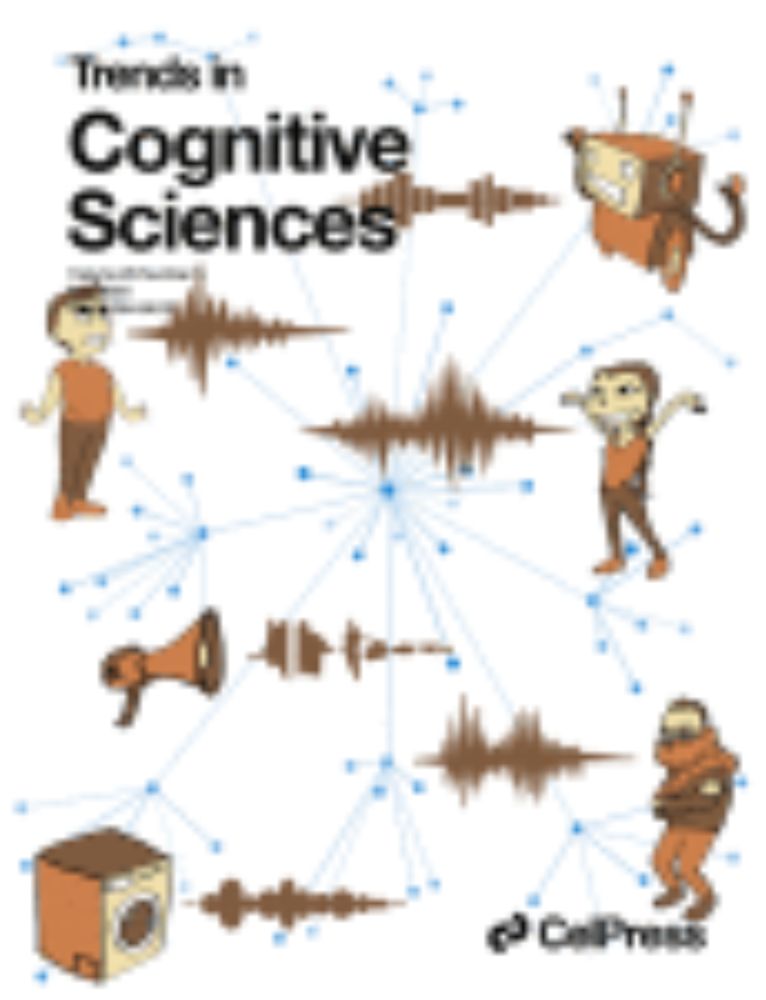Krajbich Lab
@krajbichlab.bsky.social
180 followers
110 following
12 posts
UCLA Psychology lab that studies Neuroeconomics, Decision Psychology/Neuroscience, Cognitive Psychology/Neuroscience/Economics, etc. We specialize in combining mathematical models with choice-process measures.
Posts
Media
Videos
Starter Packs
Reposted by Krajbich Lab
Krajbich Lab
@krajbichlab.bsky.social
· Apr 2
Krajbich Lab
@krajbichlab.bsky.social
· Apr 2

People display consistent recency and primacy effects in behavior and neural activity across perceptual and value-based judgments - Cognitive, Affective, & Behavioral Neuroscience
Retrospective judgments require decision-makers to gather information over time and integrate that information into a summary statistic like the average. Many retrospective judgments require putting e...
link.springer.com
Krajbich Lab
@krajbichlab.bsky.social
· Feb 27
Krajbich Lab
@krajbichlab.bsky.social
· Feb 26





